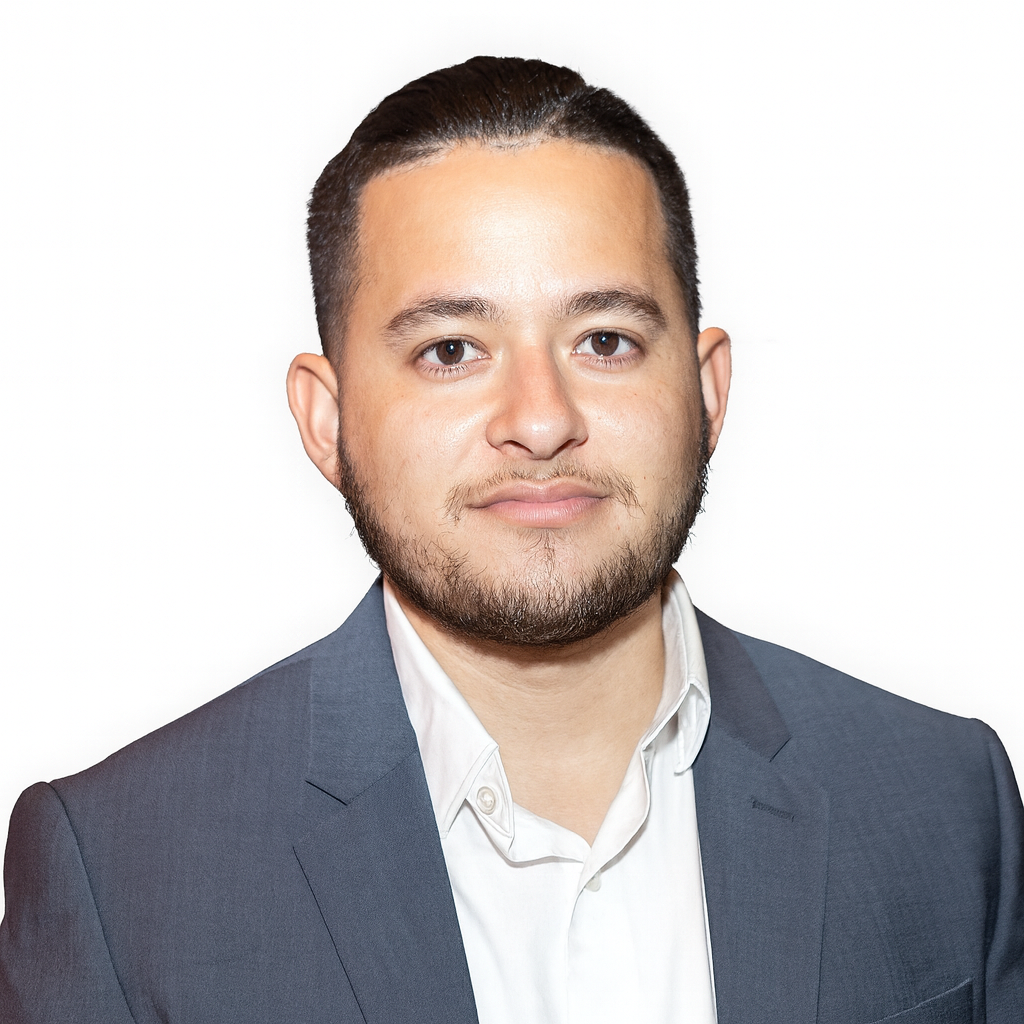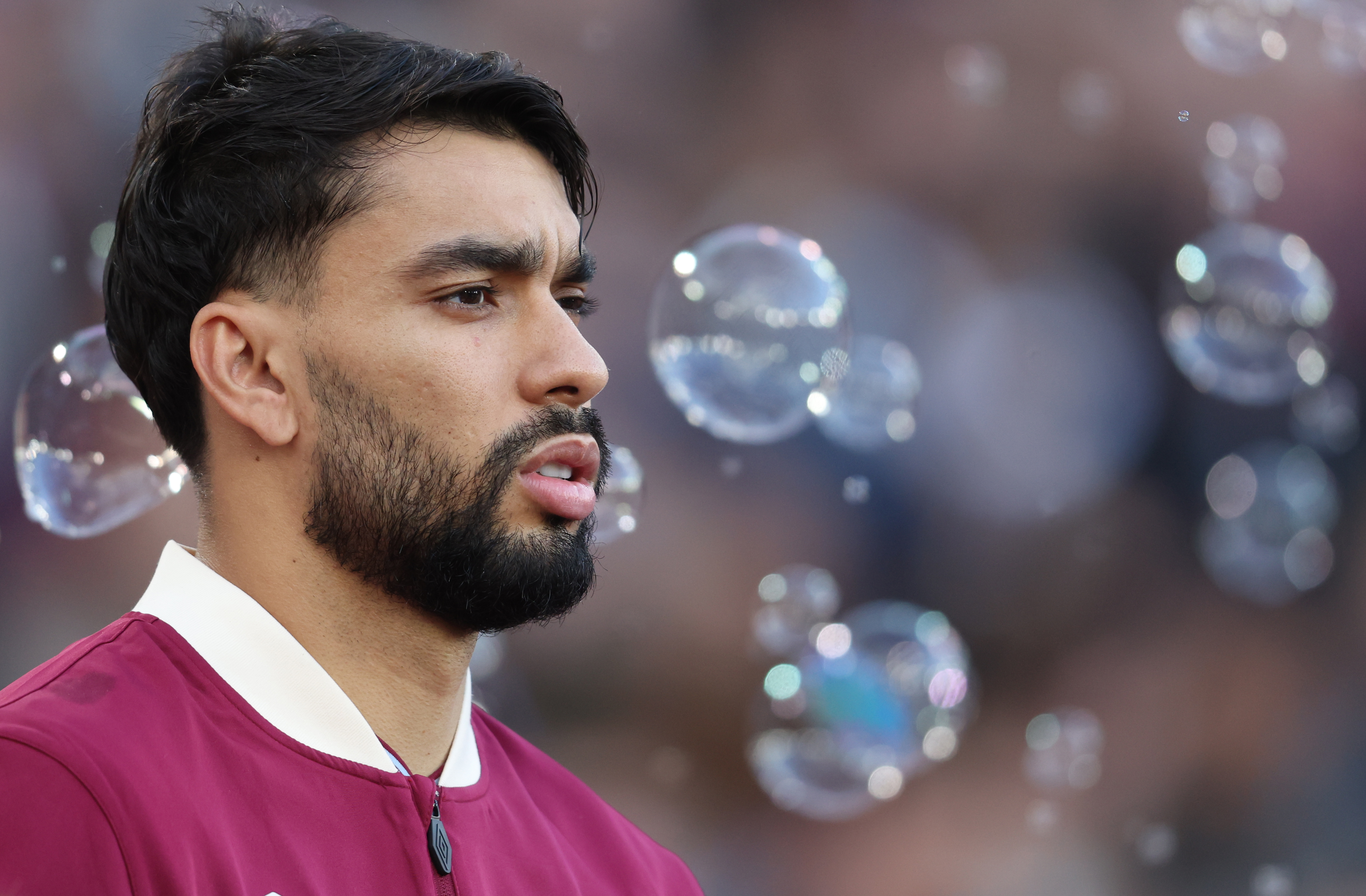Four major reasons Lionel Messi and Inter Miami aren't selling out their home games any more
Lionel Messi and Inter Miami began their MLS play-off campaign this past weekend — but you would have been hard-pressed to guess that judging from the number of empty seats
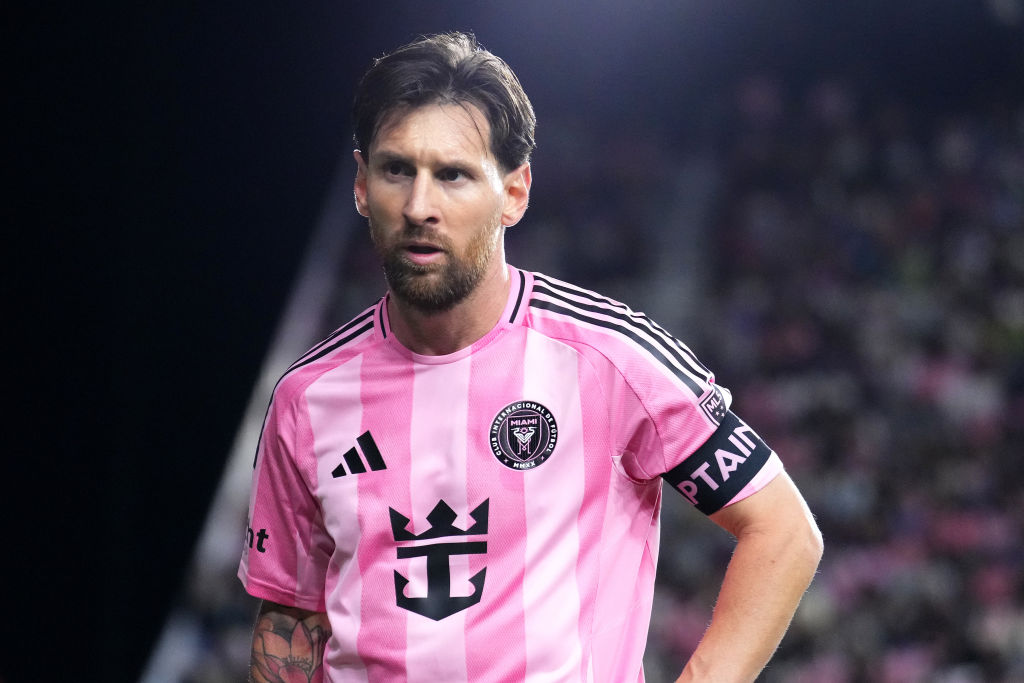
Inter Miami got off on the right foot in its post-season push for the coveted MLS Cup with a routine 3-1 win against an overmatched Nashville SC.
Lionel Messi delighted once again with a two-goal outing, but his stellar showing could not mask the fact that Chase Stadium was not sold out, despite perceptions to the contrary.
Inter Miami's modest 21,550-seat venue still had plenty of first-market tickets up for sale less than an hour before kickoff, and plenty of those went unused.
Lionel Messi and Inter Miami's dwindling home crowds conundrum
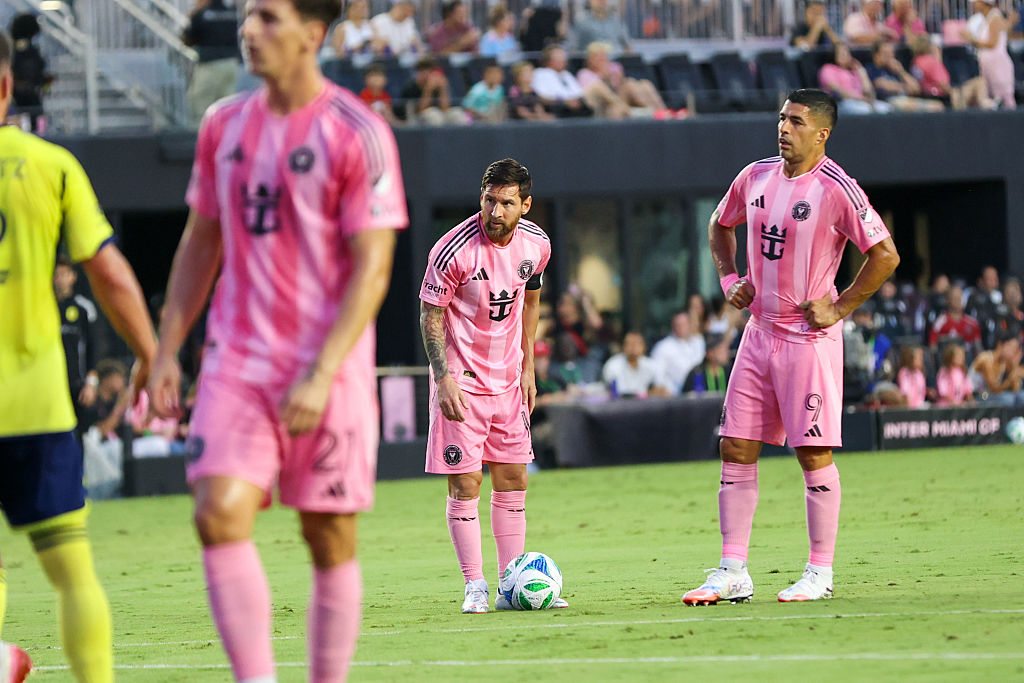
Large empty pockets and rows were visible after kick-off in all seven of the stands, raising questions about why Messi and Major League Soccer's most glamorous club do not have their home stadium brimming at capacity for a game with increased importance.
Sell-outs were a common occurrence in South Florida during the initial days of 'Messi Mania', but the buzz has faded even as Messi has just signed a contract extension through 2028.
🏟️ Chase Stadium is Less than Full!There are several visible pockets of empty seats here for Inter Miami’s playoff opener vs Nashville SC.It is a Friday night, but that shouldn’t be an excuse for a star-studded team with Leo Messi on it.#InterMiamiCF #Messi𓃵 pic.twitter.com/X3V4GCpgSvOctober 25, 2025
Overall, MLS has reportedly seen a five percent dip in attendances this year, but several factors — including steep ticket prices, waning novelty, and a saturated sports calendar — have played a role in Inter Miami's decline.
Here's a closer look at why Inter Miami isn't regularly selling out their home games anymore:
The best features, fun and footballing quizzes, straight to your inbox every week.
1. Expensive Ticket Prices
The cost of admission was always going to increase once Messi and his star-studded cast of teammates were assembled. That's normal, of course, given the instant evolution into a global spectacle.
But what was once a reasonably affordable night out during the early days of the organization’s existence has become a luxury for many locals that can run them hundreds of dollars for one game. Families and casual fans are less likely to attend consistently for the going price, leaving noticeable gaps in the stands when not enough tourists offset the dwindling local turnout.
Inter Miami's strategy of selling higher-priced tickets might make sense from a business perspective, as it allows the organization to earn more revenue from fewer spectators. Still, that approach has come at the cost of bad optics, as the sight of empty seats does not match the buzz of having Messi and company on the field.
The team and league’s PR may sell the narrative of packed houses with their inflated attendance numbers, but the pictures tell another story.
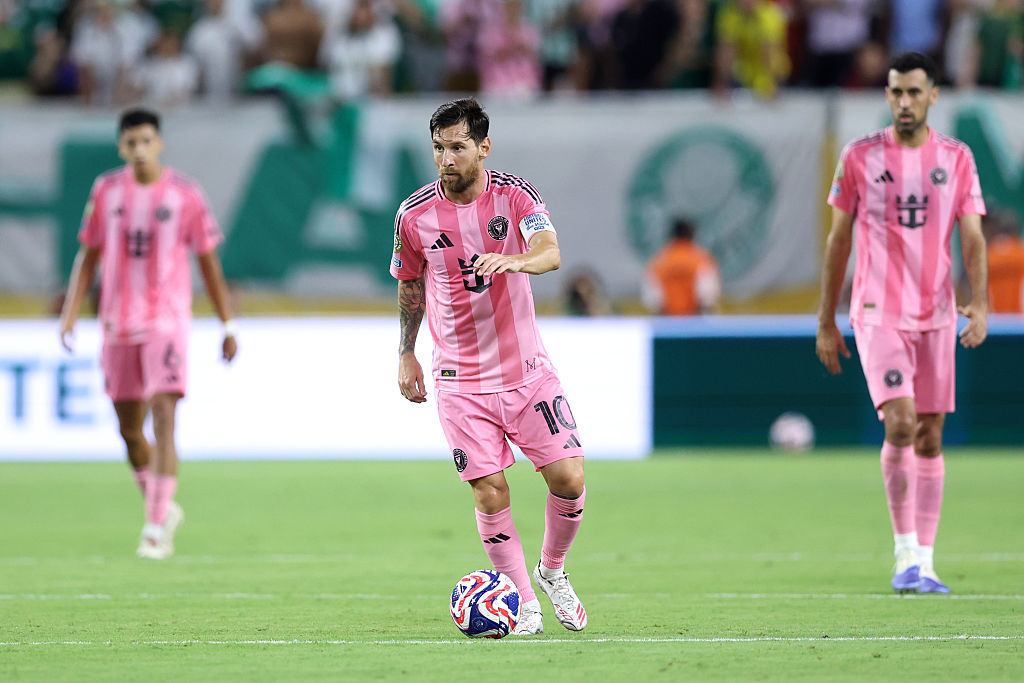
2. Unfavorable Location
The team co-owned by David Beckham is set to achieve its long-standing goal of moving to Miami proper in 2026 with the opening of a new stadium, but the current setup in a venue further north in Fort Lauderdale remains a deterrent for many supporters.
Chase Stadium has served its purpose as a practical temporary home during Inter Miami's nascent years, but getting to the grounds can be punishing. Fans coming from Miami-Dade County often face bumper-to-bumper traffic on I-95 or the Turnpike, turning what is approximately a 30-mile drive into a tedious ordeal that can stretch to two hours.
What's more, the stadium has only two access points to the north and south, creating bottlenecks that further frustrate fans. Combine that with limited convenient parking, few public-transport options, South Florida's increasing congestion, and it is clear why attending a game can feel like a chore in a region full of easier entertainment options.
People want to see Messi, but not always if it is a logistical nightmare to do so, especially when matches like that recent victory over Nashville fall on weekdays or unconventional nights like Friday.
“I have three TV screens. None of them will have [Inter Miami vs. Nashville.]”Michael Wilbon on ESPN’s PTI when asked if he’s watching MLS. pic.twitter.com/DljBHLuLRrOctober 26, 2025
3. The Messi Effect Has Faded
When Messi first arrived to MLS, every Inter Miami match was an event you wanted to be at. The superstar was on the field, tickets were in high demand, celebrities like Kim Kardashian and LeBron James filled the field-level suites, and the atmosphere was electric.
There was buzz, there was anticipation, there was newness.
Familiarity breeds complacency, however, and what was once a can't-miss social gathering is now essentially just another game.
The novelty of Messi's presence has worn off with each brilliant assist or highlight reel-worth golazo, the crowd now more accustomed to seeing his unearthly magic. A lack of transparency over his injuries have also created uncertainty over his availability, creating risk that some fans view as too great to take on given the cost of tickets.
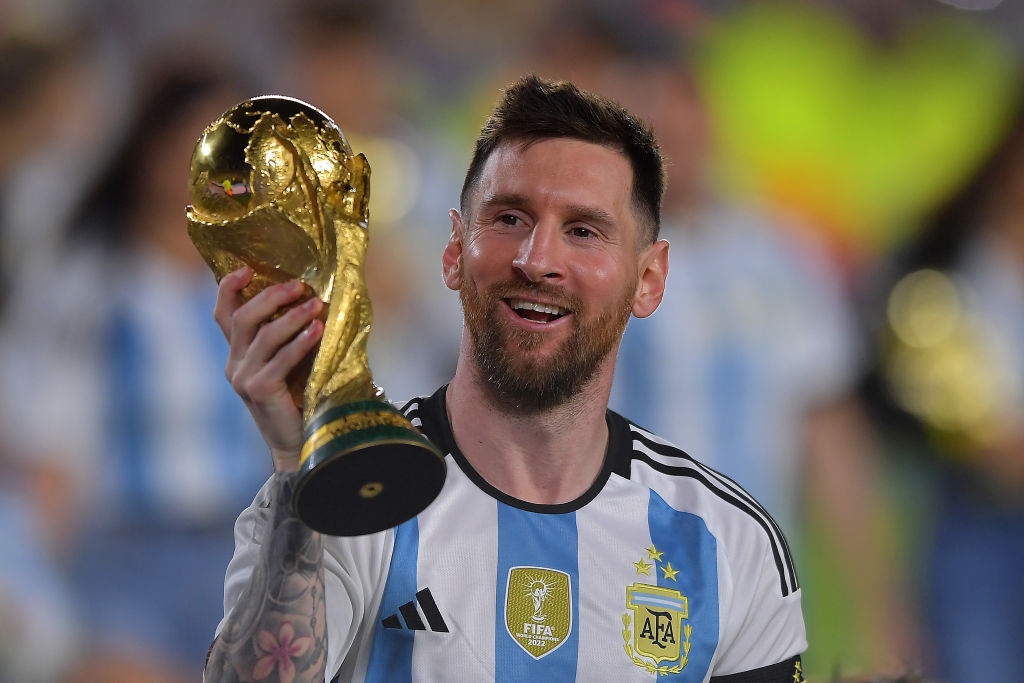
Furthermore, a loaded schedule with multiple competitions has numbed the sense of occasion and made it harder for each match to feel special. Too much of a good thing exists.
The Argentine has also not helped things by doing almost no media in his time in South Florida, further limiting his connection with the local fan base and broader American sports audience.
Messi is still a draw, just not a brand new one.
4. A Tough Market
Inter Miami may be the talk of Major League Soccer, but the same cannot be said about the team in its own backyard.
Competition for attention (and dollars) in South Florida is fierce. Beaches, nightlife, celebrity events, waterfront activities and more take up their respective places in the cultural spotlight, leaving Inter Miami fighting for oxygen in a glitzy market that never stops moving.
That goes without mentioning other options in the sports world. The NFL's Miami Dolphins, despite decades of disappointment, still own Sundays. The NBA's Miami Heat also stay front and center in the daily conversation while the NHL's Florida Panthers are back-to-back champions.
All that makes for a crowded landscape where even a global icon like Messi can become an afterthought when fans decide how to spend their money.
Franco Panizo is a seasoned bilingual futbol journalist based in Miami with almost two decades of experience covering the Beautiful Game at all levels, including the 2014 World Cup and 2016 Copa America.
He is one of the original core reporters covering Lionel Messi and David Beckham at Inter Miami from on the ground in South Florida, creating the independent Miami Total Futbol YouTube channel and podcast back in 2020.
Franco is fluent in Spanish, and previously worked for the South Florida Sun Sentinel newspaper and DAZN. His work has also been featured at the Miami Herald, ESPN, the Athletic, and more.
You must confirm your public display name before commenting
Please logout and then login again, you will then be prompted to enter your display name.
 Join The Club
Join The Club





